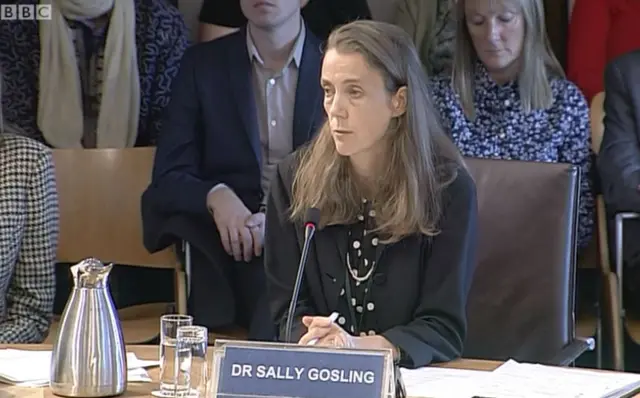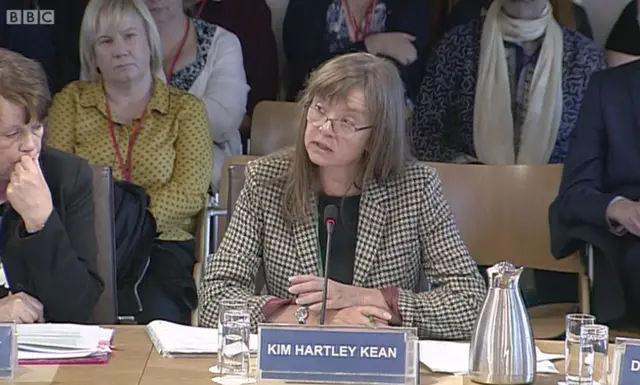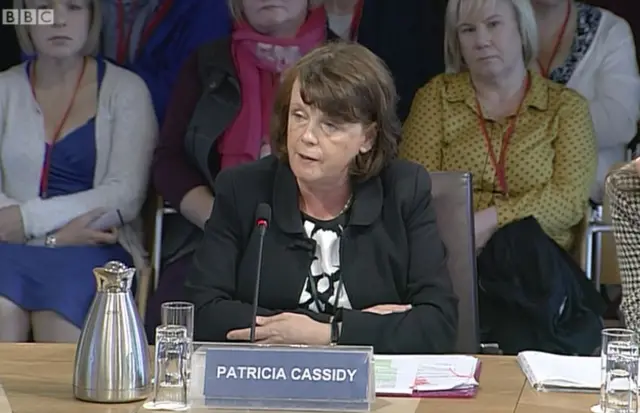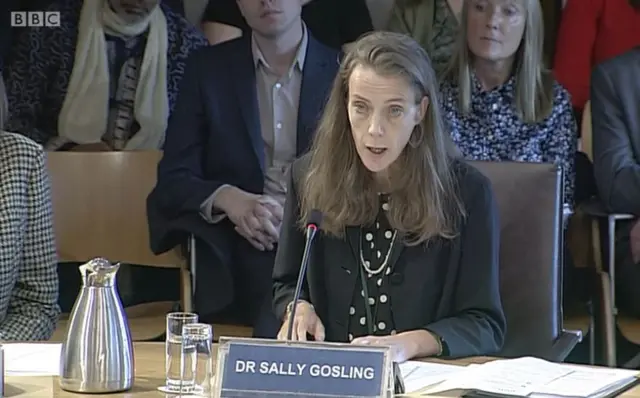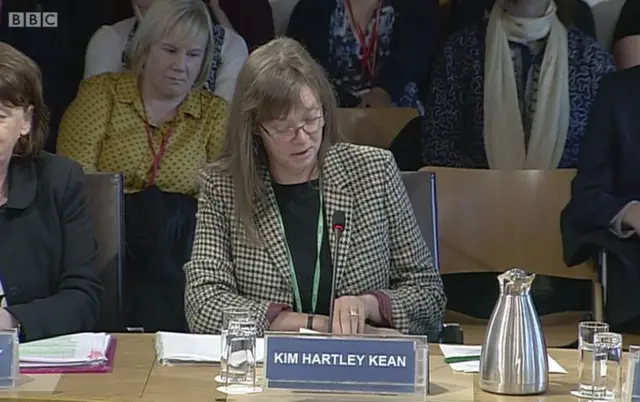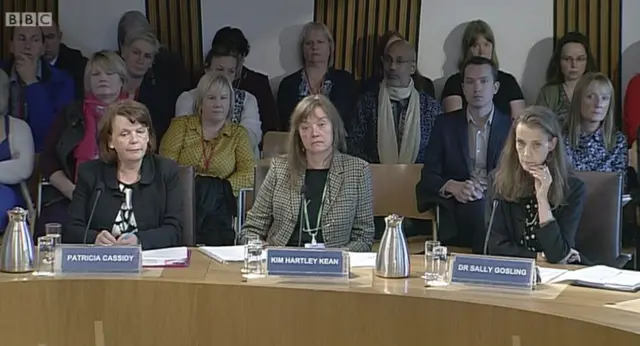Background: NHS demand outstrips staff supplypublished at 11:12 BST 11 September 2018
 Douglas Fraser
Douglas Fraser
Scotland business & economy editor
The NHS has turned 70, well past the age of having its own bus pass.
While most others can retire at that age, the National Health Service is still working. Indeed, it's having to work flat out, and it's feeling the strain.
Some of that strain comes from more demands being placed on it. Expectations of what it can achieve are completely different to 1948.
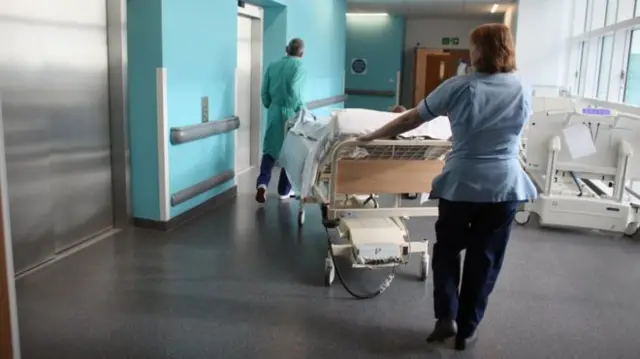 Image source, Getty Images
Image source, Getty ImagesAnd it has to put up with patients, many of whom do a poor job at looking after themselves. A lot of the strain comes from budgets that keep rising but struggle to keep up with numbers of patients and expectations of what can be done.
But even with lots more money, there's a shortage of people to do the jobs necessary. So-called workforce planning is one of its biggest headaches. I've been looking at many different facets to that workforce planning challenge.
